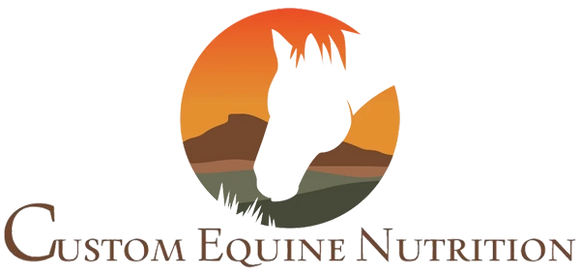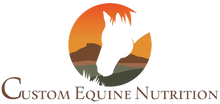What is a BALANCED diet?
I hear the term "Balanced Diet" thrown around a lot. I've heard it used in reference to horses fed solely forage, to horses who run the gamut of supplements.
But what does it truly mean to be balanced? A balanced diet provides your horse with the energy, protein, and minerals that he needs for his age, weight, and workload. So you take a trip to the feed store and purchase a concentrated feed that is balanced. And it truly is balanced, but only within itself. Companies add minerals / vitamins in the proper ratio to each other for the specific horse their product is made for (seniors, performance, easy keepers etc). This is great! But what happens when you add 15lbs of hay, or turn him out to pasture?
Hay and pasture will always have minerals in excess or are deficient. Forage can be deficient in two ways. The first is called an "absolute deficiency". This is when a mineral does not meet your horse's daily requirements. The second is a "relative deficiency". High amounts of one mineral will compete with other minerals. For example, Vermont hay runs high in iron, the excess iron will compete with copper and create a relative copper deficiency.
Your concentrated feed may help with the absolute deficiency, but no bagged feed can correct the imbalances in your hay or pasture.
The only way to provide a truly balanced diet, is to know the mineral content of your horse's forage through a hay or pasture analysis.
Here is a list of some symptoms of an imbalanced diet (excess or deficiency of minerals, protein, energy).
- Coat that is dry, fades, or sunbleached
- Mane and tail that have a rusty color at the tips
- Fertility issues in both mares and stallions
- Hay bellies
- Lathargic
- Muscle loss
- Reactive, spooky
- Poor hoof quality
- OCD
- Low immunity
- Slow recovery from work
- Tendon/ligament issues


